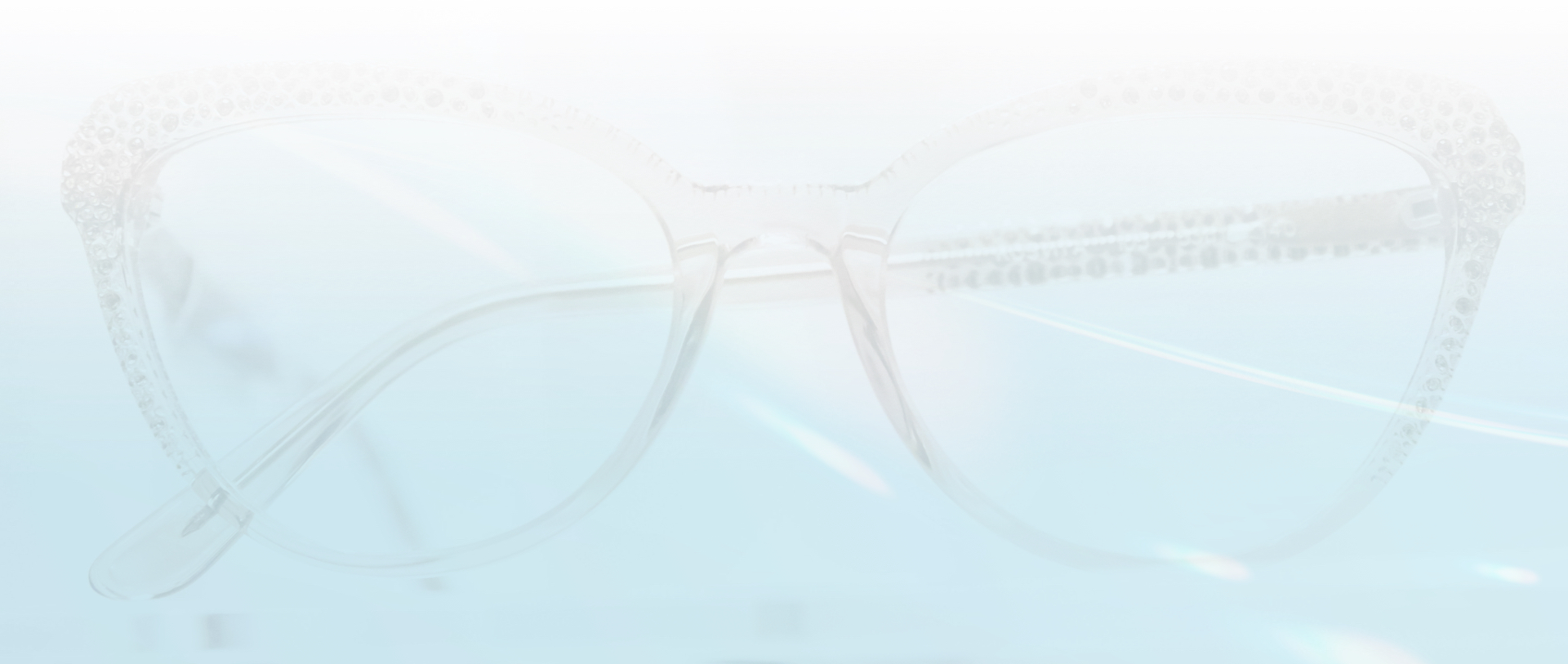Aging is a natural, beautiful part of life. However, it does come with some health concerns, especially regarding eyesight and our ability to perform daily activities like reading restaurant menus, driving, or seeing both ways when crossing the road. For most individuals, eyesight does not improve naturally with age. Instead, it generally begins to decline gradually after the age of 40. However, there are exceptions to this pattern.
Certain conditions, such as pre-cataract changes or elevated blood sugar levels, can temporarily enhance vision, potentially creating a misleading impression of improved eye health. While procedures like cataract surgery or LASIK can significantly improve vision, the outcomes may continue to evolve over time as the eyes undergo natural changes.
Understanding Age-Related Vision Changes
Aging naturally affects your eyes. Many adults experience changes due to normal wear and tear of the eye structures over time. Some of the most common age-related changes to vision include:
- Presbyopia: A gradual inability to focus up close, often noticeable in one’s 40s. Reading glasses are a standard solution.
- Decreased night vision: Aging eyes may struggle to adapt to low light, making activities like nighttime driving more difficult.
- Reduced peripheral vision: You might notice a narrowing field of vision as you age.
- Dryness: Tear production may decrease with age, causing eye irritation and dryness.
It’s important to understand that these changes are not diseases but natural age-related adjustments that come with time.
Warning Signs of Eye Health Problems
While some changes are expected, others may signal underlying issues requiring medical attention. Keep an eye out for the following symptoms:
- Blurriness or double vision that worsens suddenly
- Floaters or flashes of light
- Loss of vision, either centrally or peripherally
These signs could indicate glaucoma, cataracts, or age-related macular degeneration (AMD). It is crucial to seek prompt medical attention.
When Can Eyesight Improve with Age?
Believe it or not, there are scenarios in which your vision may improve with age. While this isn’t the typical experience, it does happen under certain circumstances.
Pre-Cataract Changes
Before cataracts (clouding of the eye’s natural lens) fully develop, they can sometimes cause what’s known as “second sight.” This phenomenon occurs when a cataract alters the eye’s lens so that people with presbyopia temporarily regain the ability to see up close without reading glasses.
However, this improvement is almost always temporary, as advancing cataracts will eventually lead to significant vision impairment.
Underlying Health Conditions
Rarely, spontaneous vision improvement can be linked to underlying health conditions like diabetes, where reduced blood sugar may lead to changes in lens shape and temporarily sharper vision. However, this is usually not a positive sign and warrants immediate medical consultation.
Medical Procedures
Advancements in medical technology have allowed many people to experience remarkable vision improvement, regardless of age.
- LASIK surgery: Laser eye surgery has helped millions achieve better-than-ever eyesight, even for those in their golden years.
- Cataract surgery: When cataracts are removed, they are often replaced with intraocular lenses. These lenses can correct pre-existing vision problems like nearsightedness or farsightedness, usually leaving patients with better vision.
These solutions rely on professional intervention and are deemed safe and effective for most healthy adults.
What to Do if Your Vision Suddenly Improves
If you notice an unexpected improvement in your vision, it may feel like a pleasant surprise, but it’s worth discussing with your eye doctor.
Abrupt changes in eyesight, even positive ones, could be linked to health conditions, medication side effects, or structural changes in the eye that require monitoring. Schedule an eye exam as soon as possible to rule out any underlying issues.
Eye Care Practices for Healthy, Long-Term Vision
While aging is impossible to stop, you can take deliberate steps to care for your eyes and boost their longevity. Here are several key habits for maintaining your vision as you age.
Eat the Right Foods
A diet rich in vitamins and minerals can promote eye health. Consider these nutrients:
- Omega-3 fatty acids (found in fish like salmon) for tear production and protection against dryness.
- Lutein and zeaxanthin (found in leafy greens like spinach) for macular health.
- Vitamin C and E (found in oranges and nuts) may reduce the risk of cataracts.
Eye Exercises
While eye exercises can’t reverse significant vision problems, they may alleviate eye strain and improve focus for certain activities. For example, the 20-20-20 rule (look at something 20 feet away for 20 seconds every 20 minutes) can help reduce digital eye strain.
Relaxation Techniques
Stress can impact your entire body, including your eyes. Activities like yoga, meditation, and deep breathing can help reduce eye strain caused by tense facial muscles.
Keep Your Prescription Updated
Wearing outdated prescription glasses or contact lenses can strain your eyes unnecessarily. Regular checkups help keep your prescription accurate, allowing you to see clearly and reducing headaches or fatigue.
Protect Your Eyes from UV Radiation
Wear sunglasses that block 100% of UVA and UVB rays to prevent damage from prolonged sun exposure. UV rays can contribute to cataracts and macular degeneration, so protection is key.
Seeing the Eye Doctor Each Year
Regular eye exams are non-negotiable for maintaining vision health. Annual visits allow your optometrist to monitor changes, detect early warning signs of diseases, and provide the appropriate corrections or treatments. Don’t wait for symptoms to appear—early detection is the best defense.
Protect Your Future Vision Today
While age-related vision changes are inevitable, certain factors can lead to surprising (although often temporary) eyesight improvements. Whether it’s the slight pre-cataract clarity or a successful medical intervention, ensuring your vision is the best it can be requires proactive care and professional input.
McCauley Celin Eyecare Associates advocates for patients to prioritize their eye health by practicing mindful habits, maintaining a healthy lifestyle, and attending regular comprehensive eye exams. Contact us today to book an appointment to stay on top of your eye health.














